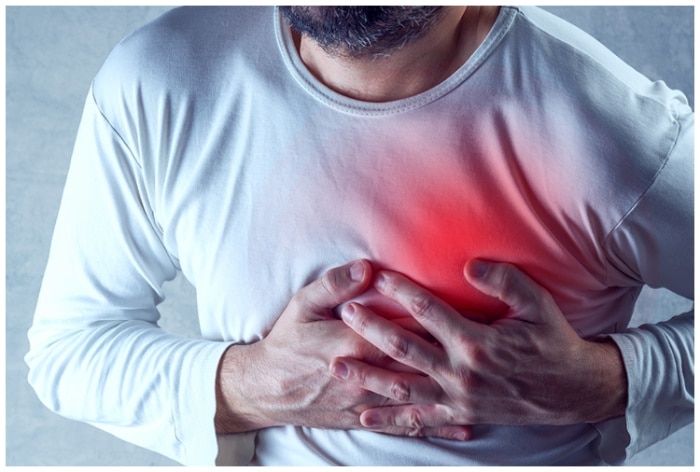Be Aware! Don’t overlook These 7 signs and symptoms of heart attack in winter mornings.
As the winter season blankets the world in cold, frosty mornings, it’s essential to be aware of the potential risks associated with heart health. The cold season may elevate the risk of heart-related health issues, including morning strokes and cardiac arrests. While the typical signs and symptoms of heart attack, such as chest pain and shortness of breath, are well-known to each one of you, winter can bring other unusual symptoms that often go unnoticed. As temperature drops, we delve into 7 signs and symptoms of heart attack that tend to be more prominent during winter mornings.
7 UNUSUAL MORNING SYMPTOMS OF HEART ATTACK IN WINTER
- Chest Discomfort: Winter mornings can exacerbate chest discomfort, and it might not always be the usual crushing pain. It could be present as a subtle ache, tightness, or pressure signalling potential cardiac distress.
- Shortness of Breath: If you find yourself unusually short of breath during your morning routine, especially in the cold, it could be a sign of heart attack, Pay attention to persistent breathlessness.
- Extreme Fatigue: Feeling excessively tired in the morning, despite a full night’s sleep, might be a warning sign. Fatigue unrelated to activity levels could signify an underlying cardiac issue.
- Dizziness: Winter mornings may bring out feelings of dizziness or lightheadedness, indicating inadequate blood flow to the brain. These sensations should not be dismissed lightly.
- Nausea or Cold Sweats: Unexplained nausea or cold sweats in the morning can be attributed to stress on the heart. If these symptoms are recurrent, seeking medical attention is essential.
- Jaw or Neck Pain: Jaw or neck pain, especially on the left side, can be a symptom of a heart attack. In the winter, when blood vessels constrict, such pain may be more noticeable.
- Irregular Heartbeat: A sudden awareness of an irregular heartbeat, palpitations, or fluttering sensations in the chest should not be ignored.
–>
